Doxycycline 100 mg
$70.00 – $425.00
Doxycycline 100 mg is an oral tablet that is used for treating bacterial infections, including severe acne. It is a tetracycline antibiotic that takes effect by stopping bacterial growth in the body. The medicine may also be used as a prophylactic measure against malaria. However, doxycycline does not work for diseases other than those caused by bacteria (like viral fever). Unnecessary use of this medicine might render it ineffective during times of actual need as the bacteria may develop resistance to the drug.
Description
How does Doxycycline 100 mg work
Doxycycline belongs to the broad-spectrum tetracycline class of antibiotic drugs. It is a bacteriostatic drug, that is, it stops bacterial growth by hindering its reproduction process and not by directly killing them. It does this by arresting its protein synthesis mechanism via which the bacteria replicates. Doxycycline, upon ingestion, can easily make its way through the cell wall of bacteria because of its highly lipophilic nature.
Uses of Doxycycline 100 mg
It is an antibiotic used for treating various bacterial infections in your body. Some diseases for which this drug is prescribed are-
- Typhus fever, tick fevers, Q fever, Rocky Mountain spotted fever, malaria fever (in combination with quinine), anthrax fever, etc.
- The plague caused by Yersinia pestis
- Respiratory tract infections due to Mycoplasma pneumoniae
- Cholera
- Acne and other skin infections
- Urinary tract infections
- Syphilis
- Chlamydia
- Gonorrhea
- Periodontitis, a gum disease
- Lyme disease
- Bartonellosis
- Eye infections
Recommended Dosage
Read the medicine label and your doctor’s prescription properly before you take Doxycycline 100 mg. It is to be taken with a full glass of water or milk (unless stated otherwise). Generally, the medicine can be taken either one hour prior to having a meal or two hours after you have eaten. You might also split the tablet into two halves if you find it difficult to swallow the whole of it at once. However, a delayed-release tablet must not be split.
For adults, the usual recommended dosage for most infections is two Doxycycline 100 mg tablets on the 1st day (taken at an interval of 12 hours). Take one 100 mg tablet daily after that for as many days as prescribed by your doctor. However, for severe infections, two tablets a day is recommended.
For children (<18 years of age), the dose depends on their weight. Children weighing 45 kg and above are to be given the same dose as adults. Below that, 2.2 to 4.4 mg/kg body weight will be prescribed by the doctor. The drug is not considered safe for kids below 8 years of age because of the lack of enough clinical data on them.
To prevent malaria, you are advised to take a 100 mg tablet daily for 2 days before you go to the affected area. Continue to take the medicine as such for a month after you leave the area. For children, the dose has to be determined according to the formula stated in the previous section.
Take care to continue the treatment for as many days/ weeks as has been prescribed by your physician. Failing to do so can result in recurrence of the disease and often, in a more severe form.
Missed Dosage
As already said, missing doses might cause the infection to recur. Maybe you are feeling better after only taking the initial few doses but do not discontinue the medication based on this. Finishing the course of Doxycycline is necessary to ensure that the bacteria do not get a chance to develop a drug-resistant strain. Antibiotic resistance is dangerous because the next you need to take Doxycycline, your body won’t respond to it.
In case you’ve forgotten to take a dose, you should take it just as you remember it. But do not try to make up for the missed dose if the next scheduled dose is due within the next 2-4 hours.
Overdose
Taking a double dose or accidentally taking more than the prescribed dosage of Doxycycline 100 mg might increase its concentration in your body to a toxic level. As a result, you will experience side effects like vomiting, diarrhea, and skin reaction. Immediately contact your doctor if you are starting to feel any symptoms.
Important Advisory
You must not take Doxycycline 100 mg if you are allergic to it or any other tetracycline antibiotic. Let your doctor know about any health condition you have to avoid negative effects.
- If you suffer from any liver disease
- If you suffer from renal impairment
- If you have a history of yeast infections
- If you suffer from asthma or sulfite allergy
- If you have had serious skin reactions like Stevens-Johnson syndrome, exfoliative dermatitis, toxic epidermal necrolysis, erythema multiforme, etc.
- If you suffer from Myasthenia gravis
- If you have esophagus problems like hiatal hernia or if you have trouble swallowing
- Children younger than eight years of age are highly sensitive to the drug and might experience tooth discoloration
- If you’re planning on becoming pregnant as the drug may harm the fetus
- If you are breastfeeding
Additionally, it might cause a live bacterial vaccine you’ve recently taken to become less or ineffective.
Side effects of Doxycycline 100 mg
Certain common side effects of this drug include
- Headache
- Nausea/ vomiting
- Mild diarrhea
- Darkening of the skin
- Vaginal itching
- Tooth discoloration
- Increased photosensitivity
Other rather serious side effects may include symptoms like
- A strong allergic reaction (rashes, difficulty breathing, hives, swelling in your face and/ or throat)
- Sore throat
- Fever
- Skin pain
- Increased pressure inside your skull (severe headache and vision problems)
- Unusual bruising
- Severe stomach pain and diarrhea
- Irregular heart rhythms
- Dizziness
- Loss of appetite
This is not an exhaustive list of side effects, so look for other symptoms as well. Contact your doctor as soon as you notice any of these in the patient.
Interaction With Other Drugs
Taking some other medications along with Doxycycline might hamper its working or even give a negative result. To avoid such incidents, tell your doctor about all the prescription and non-prescription medicines, herbal, and other dietary supplements you might take regularly or occasionally.
- Isotretinoin (risk of increasing the intracranial pressure)
- Penicillin (its activity is inhibited)
- Antacids containing magnesium aluminum, calcium, and bismuth subsalicylate
- Anti-seizure medications like barbiturates and carbamazepine
- Blood thinners like warfarin
- Acitretin (Soriatane)
- Phenytoin (Dilantin)
- Proton pump inhibitors such as rabeprazole, esomeprazole, dexlansoprazole
- Hormonal contraceptives (their effectiveness might be reduced)
Interaction With Alcohol
Alcohol may reduce the half-life of Doxycycline, thus rendering the prescribed dosage less effective. So, avoid consuming alcohol while on this medication.
Storage Instructions
Store this medicine in the following conditions-
- At room temperature, away from moisture and direct sunlight (not in the bathroom)
- Keep the tablets in their original packaging when not used
- Keep it away from the reach of pets and children
- Do not flush the tablets or packaging down the toilet
- Do not take them past their expiry date
Frequently Asked Questions (FAQs)
Q1. What is Doxycycline used for?
Ans- This antibiotic is commonly prescribed to treat bacterial infections of the eyes, throat, skin, and respiratory tract. It is also helpful in preventing malaria. Lastly, it may be recommended to be used against some sexually transmitted diseases.
Q2. Does Doxycycline cause sun sensitivity?
Ans- Yes, taking this drug continuously may make you highly photosensitive so use a good sunscreen and other physical sun barriers like an umbrella to protect your skin.
Q3. Can I take this medicine with milk?
Ans- It’s better to take Doxycycline with milk if you are prone to acidic reactions. However, if the label advises you otherwise, do not consume it with milk.
Q4. How fast does Doxycycline work?
Ans- Most mild infections start getting better after the initial 2 doses but you must complete the full course anyway.
Q5. Can I use Doxycycline for acne?
Ans- Yes, Doxycycline is a prescription medicine for treating acne vulgaris.
References
- https://medlineplus.gov/druginfo/meds/a682063.html
- https://www.ncbi.nlm.nih.gov/books/NBK555888/
- https://www.ncbi.nlm.nih.gov/pmc/articles/PMC4445892/
- https://www.cdc.gov/rmsf/doxycycline/index.html
- https://pubchem.ncbi.nlm.nih.gov/compound/54684461
Disclaimer
HisBlue is not a substitute for professional medical care or advice from your doctor. The health information on the HisBlue website is general and provided for your information only. We have ensured our content is accurate and current, with reviews by expert doctors. However, we cannot guarantee its accuracy or timeliness. This information is not meant to replace the diagnosis, treatment, or judgement of your doctor or another qualified healthcare provider.
Disclaimer
HisBlue is not a substitute for professional medical care or advice from your doctor. The health information on the HisBlue website is general and provided for your information only. We have ensured our content is accurate and current, with reviews by expert doctors. However, we cannot guarantee its accuracy or timeliness. This information is not meant to replace the diagnosis, treatment, or judgement of your doctor or another qualified healthcare provider.
Reviews (0)
Related products
Antibiotics
Rated 5.00 out of 5
$70.00 – $480.00
Antibiotics
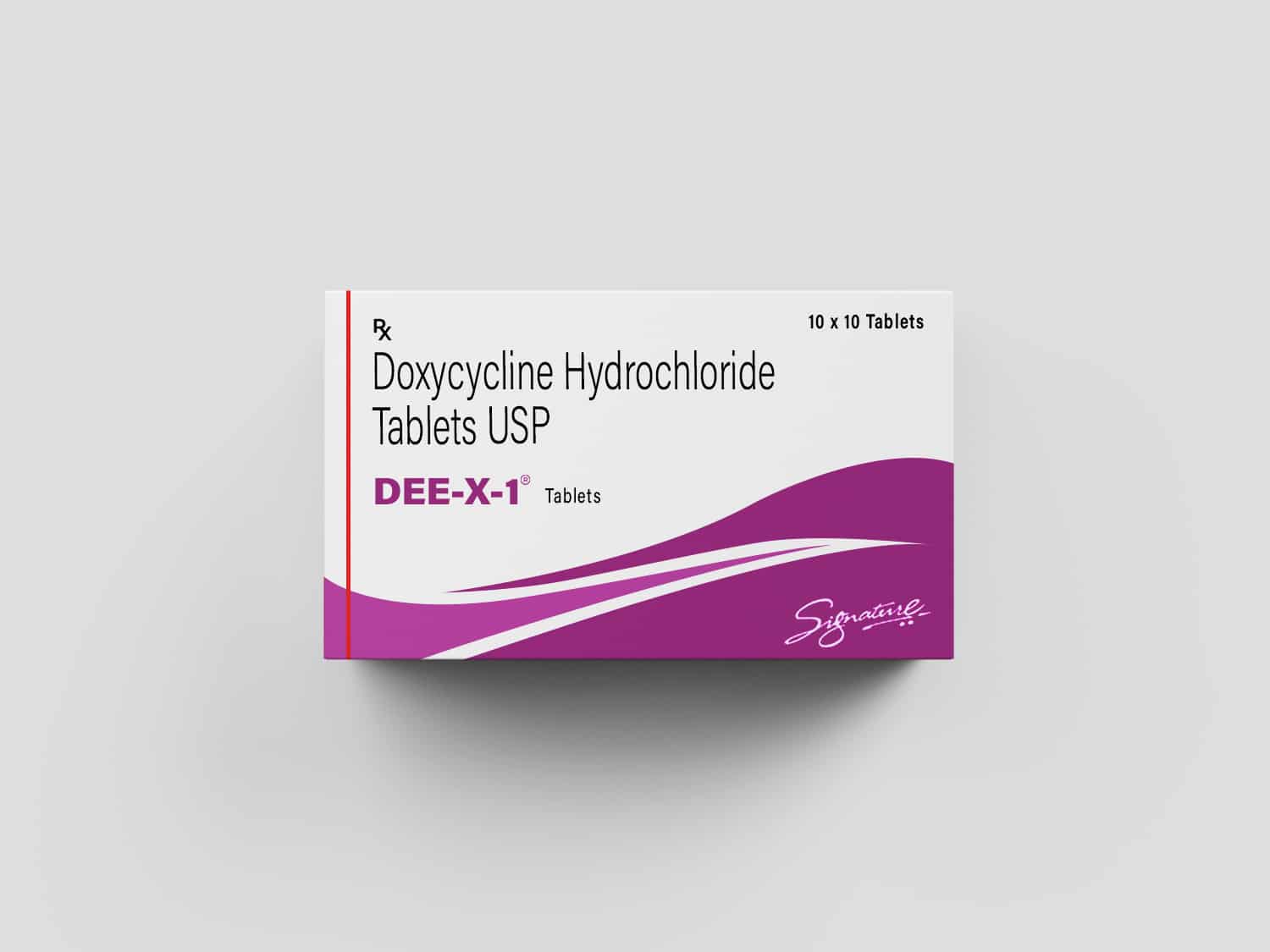
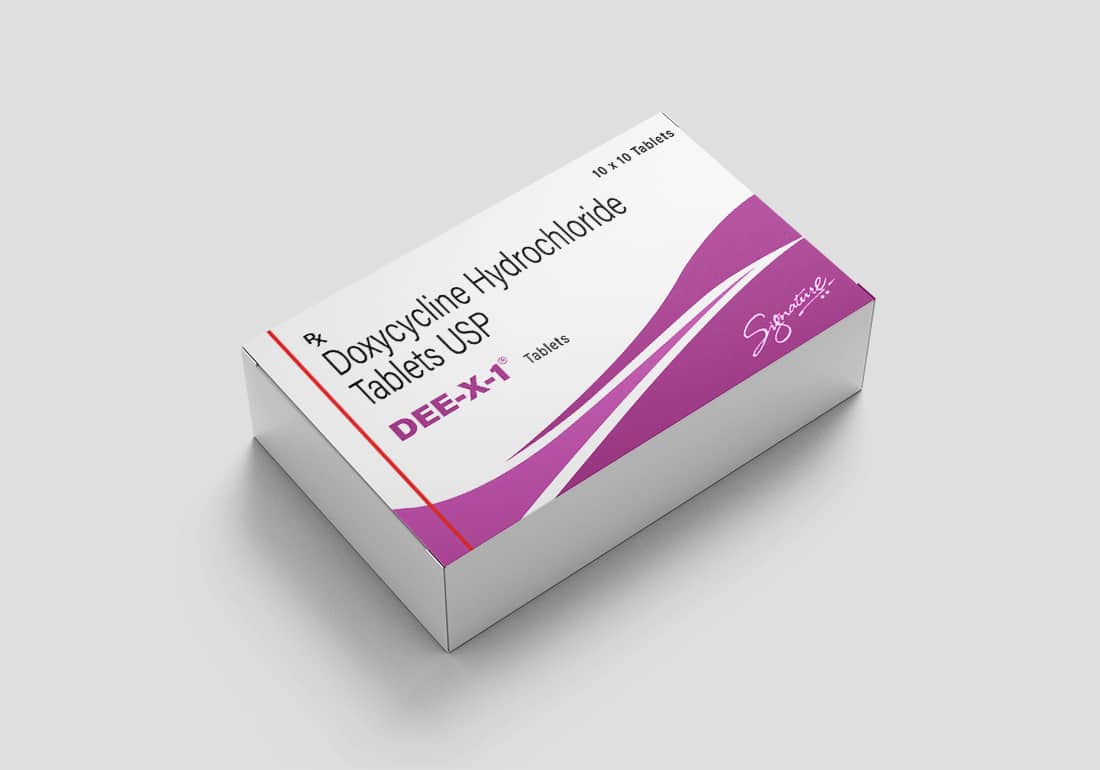
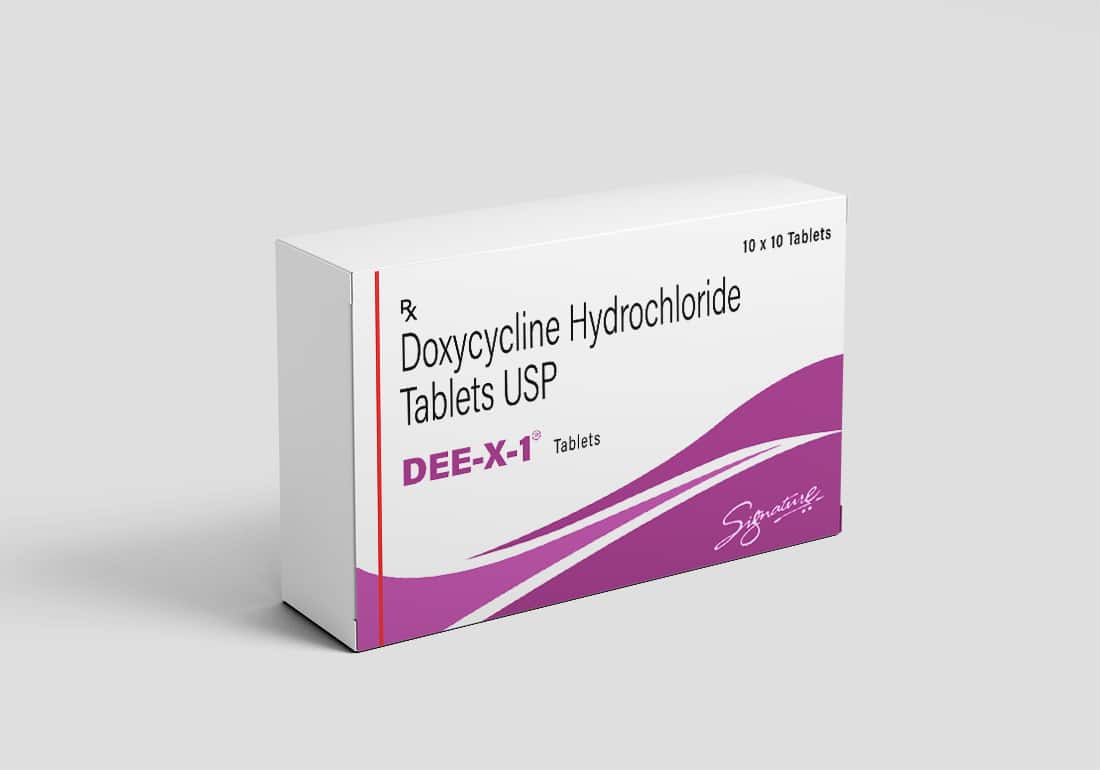
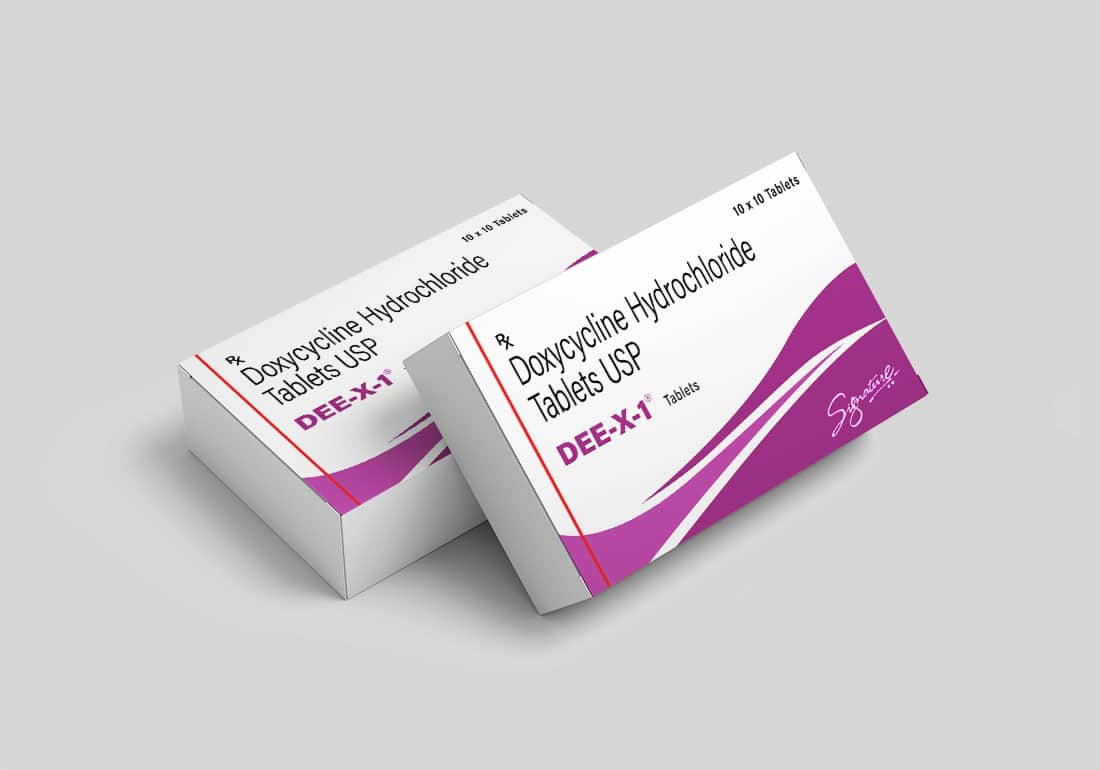
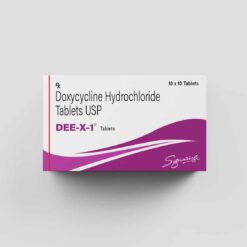




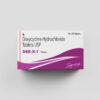
Reviews
There are no reviews yet